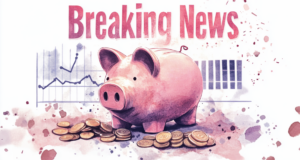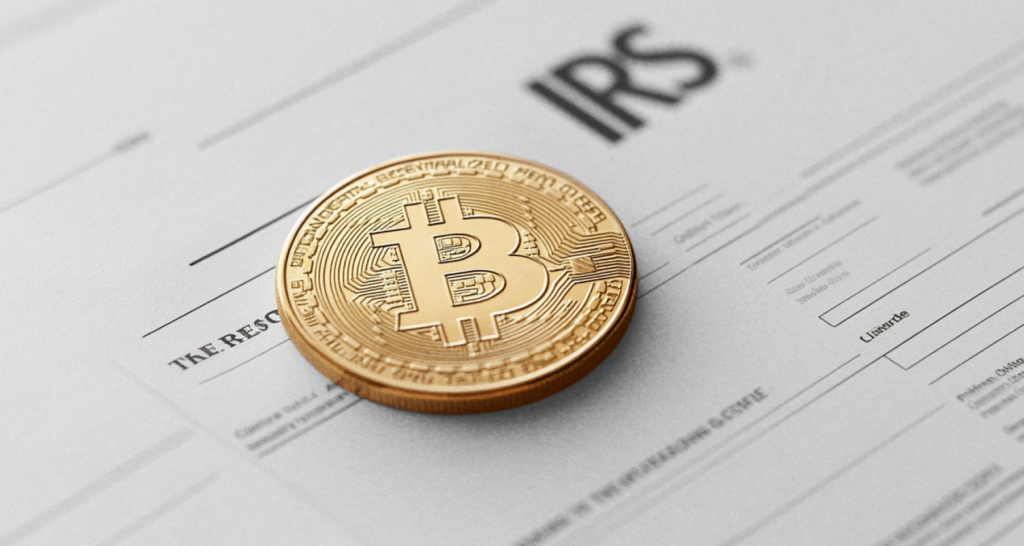Crypto Win: SEC Overturns SAB 121

The U.S. Securities and Exchange Commission (SEC) has officially repealed the controversial Staff Accounting Bulletin 121 (SAB 121), which required financial institutions to classify cryptocurrencies as liabilities on their balance sheets.
On this page
Approved on January 23, 2025, this decision represents the first significant policy shift under interim SEC Chair Mark Uyeda. The move also aligns with campaign promises made by President Donald Trump.
Widespread Support from the Crypto Community
Originally introduced in April 2022, SAB 121 complicated cryptocurrency custody for financial institutions and faced intense criticism from the financial sector. By May 2024, bipartisan opposition to the rule had gained traction, with more than 20 House Democrats and a dozen Democratic Senators voting to repeal it.
Notably, these lawmakers backed the repeal despite former president Joe Biden’s earlier pledge to veto the resolution.
According to analysts at Pantera Capital, Joe Biden was reluctant to openly challenge Gary Gensler, the SEC Chair he appointed. However, the fact that Democratic lawmakers voted against White House policy signaled a gradual softening of the Biden-Harris administration’s stance on the crypto industry.
Biden is choosing instead to take the quieter path of asking the SEC to change the rule on their own,
Pantera Capital noted.
The repeal of SAB 121 has been met with widespread approval from lawmakers, industry leaders, and regulators.
House Financial Services Committee Chair French Hill welcomed the decision:
Finally, the Biden-Harris misguided SAB 121 rule has been rescinded. Holding reserves against the assets held in custody is NOT standard financial services practice, and I am pleased this rule was nullified.
Senator Cynthia Lummis, a vocal supporter of digital assets, also expressed her satisfaction:
SAB 121 was disastrous for the banking industry, and only stunted American innovation and advancement of digital assets. I am THRILLED to see it repealed and get the SEC back on track to fulfilling its intended mission.
Hester Peirce, SEC Commissioner and head of the agency’s new cryptocurrency working group, celebrated the repeal with a lighthearted post:
Bye, bye SAB 121! It’s not been fun.
Impact on the Crypto Industry and Financial Services
The repeal of SAB 121 eliminates a major obstacle for banks and financial institutions looking to provide cryptocurrency-related services.
Prominent Bitcoin advocate Michael Saylor highlighted the importance of this decision, stating:
SAB 121 has been rescinded, allowing banks to custody Bitcoin.
Industry leaders have long argued that the rule, introduced in 2022, not only created significant hurdles for banks in offering crypto services but also undermined the United States' competitive position in the global cryptocurrency market.
A New Chapter in Cryptocurrency Regulation — The Coinomist Perspective
The repeal of SAB 121 signals a more forward-thinking approach to cryptocurrency regulation under the Trump administration.
Acting SEC Chair Mark Uyeda, along with the newly established crypto task force led by Hester Peirce, is demonstrating a commitment to supporting innovation while maintaining market stability and investor protection.
Related: Mark Uyeda Appointed Acting SEC Chair
This landmark decision represents the SEC’s first step toward establishing a more balanced regulatory framework for digital assets. It could accelerate the adoption of cryptocurrencies by traditional financial institutions, integrating them into mainstream financial products and services.
“We are witnessing a crucial turning point in cryptocurrency regulation as the SEC transitions from a reactive, enforcement-driven approach to one focused on providing clear, practical guidance,” says The Coinomist analyst Ivan Dikalenko.
The content on The Coinomist is for informational purposes only and should not be interpreted as financial advice. While we strive to provide accurate and up-to-date information, we do not guarantee the accuracy, completeness, or reliability of any content. Neither we accept liability for any errors or omissions in the information provided or for any financial losses incurred as a result of relying on this information. Actions based on this content are at your own risk. Always do your own research and consult a professional. See our Terms, Privacy Policy, and Disclaimers for more details.


























